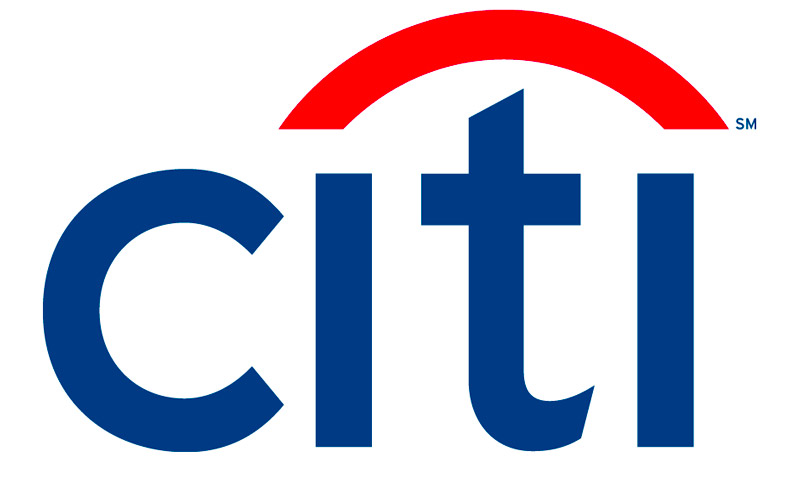| N.J. must ‘repair the harm’ of huge wealth gap between white and Black families, advocates say |
|
Published June 14, 2022 With New Jersey’s tax revenue surging to historic levels, now is the time to shrink the vast wealth gap between white and Black and Latino families by creating a “baby bond” savings plan, cracking down on discrimination in real estate appraisals, and establishing a task force to study reparation payments, social justice advocates said Monday. The state Assembly Community Development and Affairs Committee met at the Statehouse in Trenton to hear testimony based on the report: “Making the Two New Jerseys One: Closing the $300,000 racial wealth gap in the Garden State.” Released in February, the report by the New Jersey Institute for Social Justice found median household wealth — defined as income and assets such as property and investments — is $322,500 for white families versus $17,700 for Black families and $26,100 for Latino families. Likewise for retirement funds, 56% white New Jerseyans were saving compared to 38% Black resident and 26% Latinos, the report said. The primary way families build wealth is through home ownership, Andrea McChristian, the Institute’s law and policy director told the committee. Yet just 38% of Black families own their homes in New Jersey, compared to 76% white families. These inequities stem from slavery and generations-old systemic policies and practices, such as “redlining” or steering Black people away from buying in white communities, and restrictive housing covenants that barred Black people from ownership, she said. New Jersey’s wealth gap between Black and white households “is one of the largest in America,” nearly twice as large as the national median wealth gap of $160,000, McChristian said. “These enormous racial gaps in wealth translate into huge differences in current and long-term security,” according to the report. “Those with assets and savings can repair their car when it breaks down or pay out-of-pocket medical bills when they arise. By contrast, those without wealth often need to take an emergency and often high-interest loan to cover unexpected expenses. Families with wealth can buy a home in a safe neighborhood and see their investment grow over time, while families without wealth struggle to afford rising rents.” Two years after the death of George Floyd “sparked a racial reckoning in our nation, it’s time for New Jersey to also reckon with its history and begin to develop policies to repair the harm,” McChristian said. Assemblywoman Shavonda Sumter, D-Passaic, the committee chair, called the size of the wealth gap “astounding...for one of the most prosperous states in the nation.” Although the committee took no action Monday, the focus of the hearing quickly coalesced around building support for three pending pieces of legislation. One bill, A1519, would make it easier for real estate appraisers to lose their license if they caught scaling down property evaluation based on race, creed or national origin. Another bill, A1579, would allocate $70 million to launch a Baby Bond Account Program, which would invest $2,000 in a state-managed fund for every child born to a family that earns no more than 200% of the poverty level. A family of four earning no more than $27,740 a year would qualify, based on federal poverty rules. The third bill, A938, sponsored by Sumter, would create a New Jersey Reparations Task Force. The 11-person body would hold hearings and write a report that would “examine the extent to which the State of New Jersey and the federal government prevented, opposed, or restricted efforts of former enslaved persons and their descendants who are considered United States’ citizens to economically thrive upon the ending of slavery.” The task force would investigate “what remedies should be awarded” and to whom, according to the bill. James Williams, director of Racial Justice Policy for the Fair Share Housing Center, said he and his colleagues would work hard to convince members of the state Legislature to be “courageous enough to say the word, ‘reparations.’ " Williams also expressed strong support for the appraisal bill because economic and educational success stems from where you live. “Housing is at the epicenter. If we can get housing right, every other aspect of society will grow,” he said. New Jersey, sitting with $13 billion more in tax collections than it had in 2019, must make this cause a priority, said Staci Berger, president and CEO of the Housing and Community Development Network of New Jersey. Democrats who control the 40-member Senate and 80-member Assembly have been quiet about how they plan to appropriate funds. Assembly Speaker Craig Coughlin, D-Middlesex, has called for “the largest tax relief program in state history.” Gov. Phil Murphy and state Senate Budget Chairman Paul Sarlo, D-Bergen, on the other hand, are calling for the largest surplus in history to prepare the state for rough times ahead. Between the tax revenues and the substantial pandemic relief funding from the federal government, Berger said this moment provides “a tremendous opportunity to right some of the wrongs and put us on a path reinvesting in neighborhoods, families and individuals who have been disproportionately harmed by systemic and institutional racism.” The two Republicans on the committee — Assemblywoman Michele Matsikoudis, R-Union and Assemblyman Erik K. Simonsen, R-Cape May — did not attend the hearing. Sumter said she would make sure they would get a copy of the report and the testimony submitted on Monday. |













